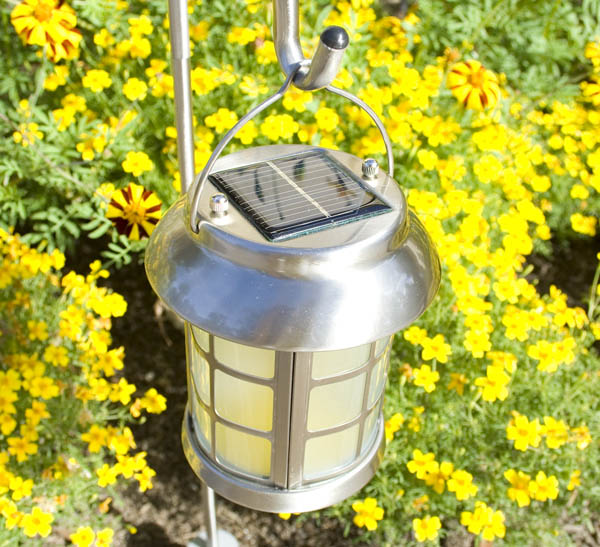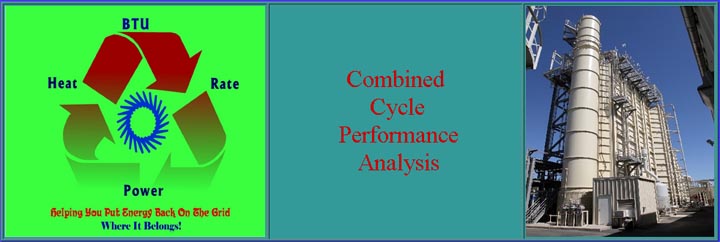A year of price cuts has seen the energy industry improve its image in the eyes of consumers, according to the latest independent Customer Satisfaction Report published today by uSwitch.com, the price comparison and switching service. 65% of energy customers are satisfied with their supplier – a 6% increase on last year when suppliers’ popularity suffered because of eye watering price hikes totalling 42% or £381.

However, while overall satisfaction levels have improved, there are still some key areas for concern, including customer service which remains a thorny issue with consumers. In fact, little over half of energy customers (52%) are satisfied with their supplier’s customer service and, tellingly, only 45% of people would recommend their supplier to somebody else. Despite price cuts averaging out at 4% or £54 in total this year, only 51% of customers think their supplier is giving them value for money. Although a 6% improvement on last year, it is still 5% lower than in 2007 when suppliers last cut prices.
Suppliers are engaged in an online price war, bringing out increasingly competitive new plans. But consumers are sceptical about whether their supplier has their best interests at heart. Only 40% of customers are satisfied that their supplier has them on their best deal.
The report, based on responses from over 5,000 energy customers in the UK, suggest that suppliers are gradually getting back on track, with satisfaction levels almost as high as those of October 2007, another price cut year. However, there are clear differences between the big six suppliers. While Scottish and Southern Energy (SSE) satisfies almost three quarters (73%) of its customers, poorest performer npower only satisfies 54%.
npower has been rated bottom for satisfaction by consumers for the second year running, but despite this has still seen an 8% improvement on last year. British Gas, which previously held the bottom slot (in 2007), has seen an 11% improvement in customer satisfaction this time.
Ann Robinson, Consumer Policy Director at uSwitch.com, says: “Last year’s hefty price increases damaged the public’s perception of energy suppliers. As a result, the industry saw a noticeable drop in satisfaction levels. This year, suppliers are starting to get back on track, winning customers over by cutting prices and bringing out increasingly competitive new plans. But if they are to make a real dent they have to focus on customer service – just 52% of people are happy with customer service, which is poor by any industry’s standards.
“With such clear differences between suppliers there is no excuse for consumers putting up with bad service. If you are not happy that you are on the best deal or getting value for money – speak to your supplier. Only around 1.3 million or 5% of households are on online energy plans and paying the cheapest energy prices in the market – consumers can do something about this. If you are still unhappy with the service you are getting, then it’s time to look around for a new supplier. There’s some good news here. Not only could you save up to £425 on your energy bill, but switching is also the one thing that suppliers consistently do well. Almost three quarters of customers (74%) are satisfied with this part of suppliers’ service.”
Via EPR Network
More Energy press releases










